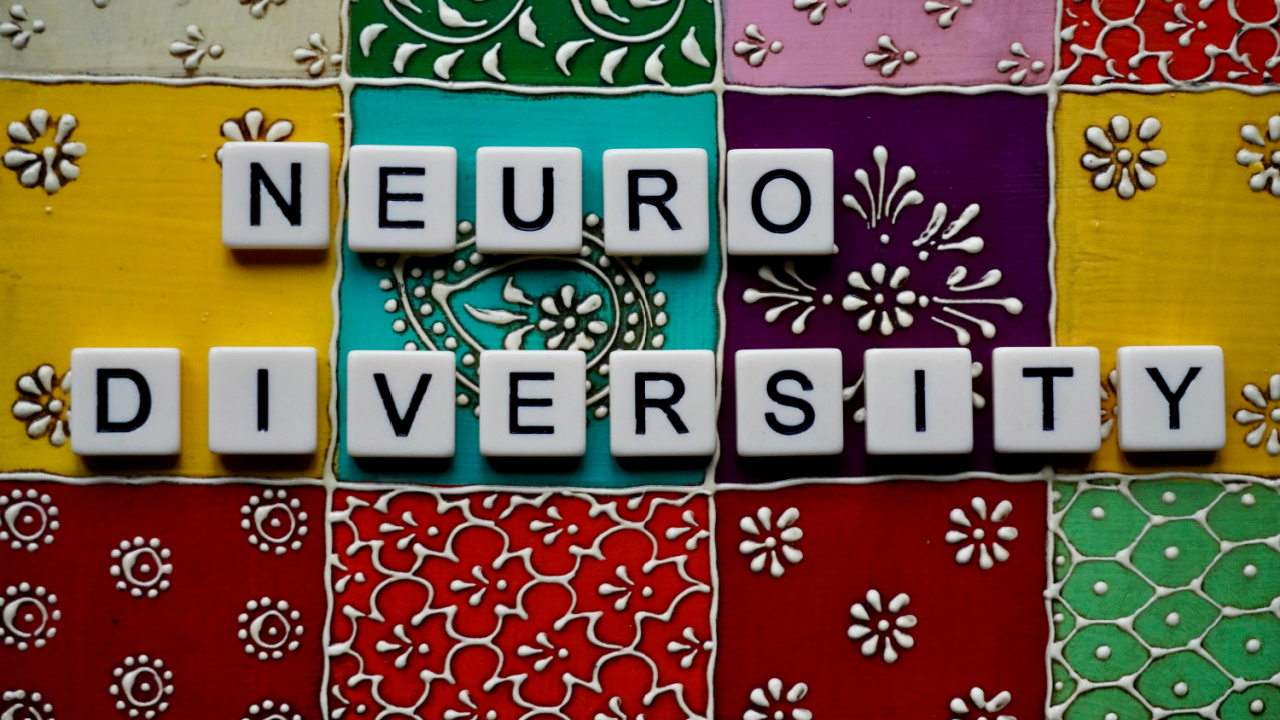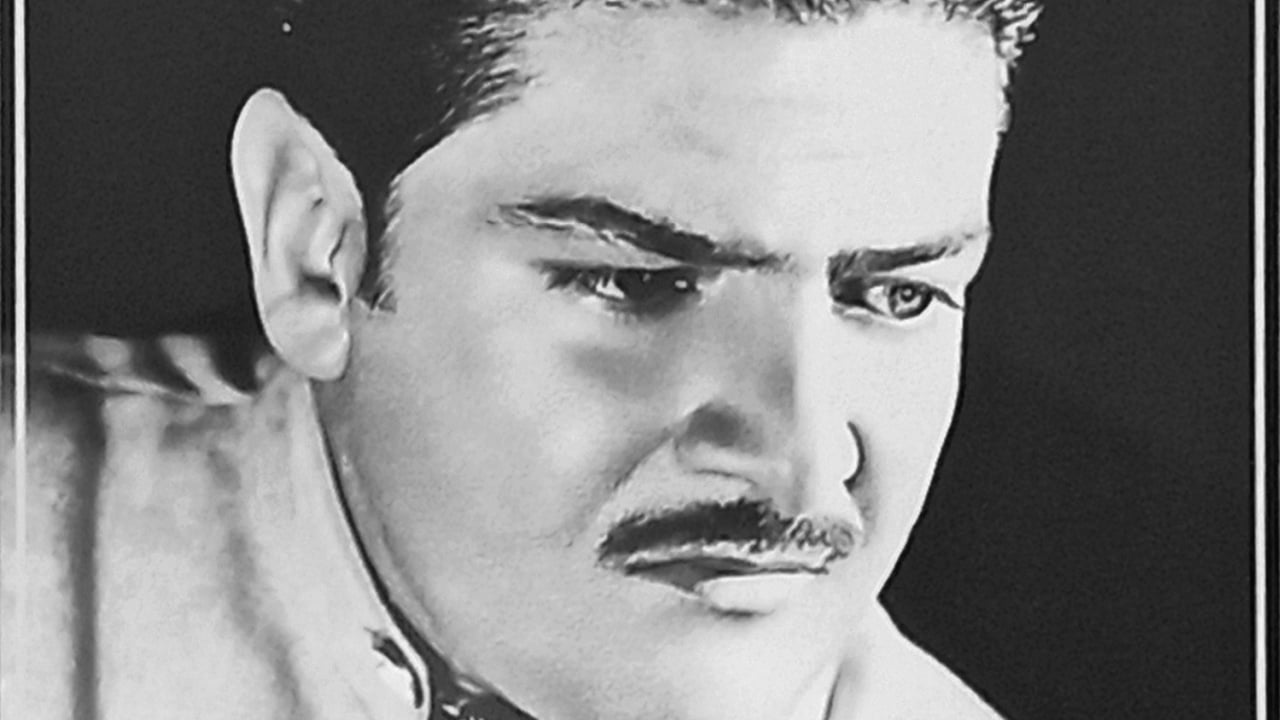
The CIA Thought Fighting for Equality Was a Threat—Latino Leaders Were Their Target
The CIA has released documents detailing the surveillance of prominent Latino civil rights leaders and activists. The surveillance took place from 1968 through 1983, Axios reported earlier this week. Those monitored included Latino activists who supported Martin Luther King Jr., opposed police brutality, and opposed the Vietnam War.
The CIA viewed Latino civil rights leaders as a threat
The documents show that the CIA made monitoring prominent Latino civil rights leaders one of their priorities in their work during this time. In the documents, the CIA specifically names Rodolfo “Corky” Gonzales and Cesar Chavez. The agency considered them as threats with suspicion. The agency was tracking their every movement. Additionally, the CIA documents show that they were also following Salvatore H. Castro, who participated in the 1968 Los Angeles school walkouts.
This release of documents is bringing to light the sheer volume of surveillance the CIA was doing on the Latino civil rights movement. It’s the first full glimpse into the work the CIA put into monitoring these activists and leaders who were fighting for equality, non-discrimination, and against poverty.
The documents also show that the CIA had a special agreement with the University of Arizona. The plan was to monitor students on campus, calling for a Mexican American Studies program.
Reps. Joaquin Castro (D-TX 20th District) and Jimmy Gomez (D-CA 34th District) called for the CIA document release
The two representatives released a letter sent to the CIA. They demanded transparency and accountability in the surveillance of the Latino civil rights movement. The letter details how FBI admissions led the two to believe that the CIA did have involvement in surveilling Latino activists and organizations.
“The Latino civil rights movement was a pivotal period in our nation’s history, marked by the struggle for equality, justice, and recognition of the fundamental rights of Latino Americans,” reads the letter. “Reports have surfaced over the years suggesting that CIA and FBI may have been involved in monitoring and collecting information on activists and organizations that were part of this movement.”
The letter continues: “The declassification of materials related to the surveillance of the Latino civil rights movement would not only align with our commitment to transparency and civil liberties but would also contribute to a more inclusive understanding of American history.”
Historians have an incredible opportunity before them
The release of these documents will not only paint a fuller picture of the surveillance of the Latino civil rights movement but also allow historians to fill gaps in American history. For decades, Americans were kept in the dark about just how far-reaching surveillance was on the Latino civil rights movement.
The CIA has a history of monitoring and even disrupting activity that they deem to be a threat. Particularly around civil rights movements and the Vietnam War. With these new documents, we will continue to learn just how much the CIA was surveilling the Latino civil rights movement. The importance of the movement is crucial to a fuller understanding of American history. And knowing history is a powerful tool for avoiding mistakes in the future.




